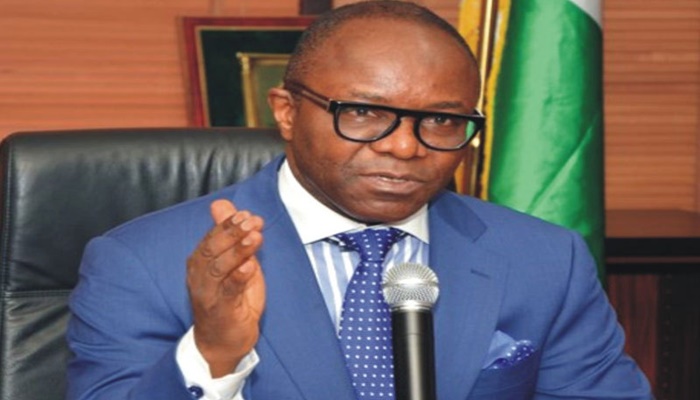
Nigeria expects OPEC will extend production cuts for another six months, the country’s minister for petroleum resources, Emmanuel Ibe Kachikwu, said on Tuesday.
Still, he said, more needs to be done to bring the market into balance. Because production from shale in the United States can ramp up or be throttled back in response to market conditions, a broader policy is needed to balance the market, he said.
“That has always been the concern with shale,” he said. Without U.S. policy or a corporate policy limiting production, shale output can throw the market out of balance, he added.
The Organization of the Petroleum Exporting Countries implemented production cuts in January to try to shrink a bloated global oil supply. The cuts have been closely watched by the oil markets, but the price of oil remains depressed due to output increases from shale. Nigeria was exempted from the cuts due to unrest and production difficulties.
OPEC oil output fell for a fourth straight month in April, a Reuters survey found on Tuesday, as top exporter Saudi Arabia kept production below its target while maintenance and unrest cut production in Nigeria and Libya, which is also exempt from the cuts.
Nigeria will likely be exempted from any extension of the curtailment that OPEC agrees to because its crude production remains below 1.8 million barrels a day, the oil minister said.
The country’s oil output could rise to 2 to 2.5 million barrels per day in a year, if investment plans go as expected, he said.
Kachikwu spoke at a news conference held on the sidelines of the global Offshore Technology Conference in Houston.
In the two years since taking office, he says he has achieved security improvements, and is working to ensure realistic solutions to Nigeria delta issues that have disrupted oil production.
“There’s so much happening in the world, so much competition for attention and capital,” he said. “The way we do business has got to change. People are not going to invest in your country if you are not investing yourself.”
Source: Reuters.






